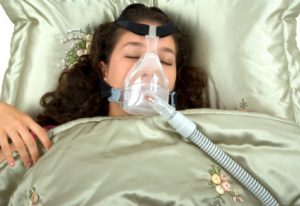
Researchers conducted a meta-analysis study comparing the link between CPAP, MADs and no treatment and their effect on blood pressure. The researchers looked at 51 studies consisting of 4,888 participants.
When compared with no treatment, CPAP was associated with a reduction of systolic blood pressure of 2.5 mmHg and diastolic blood pressure reduction of 2.0 mmHg. MADs were associated with a reduction of systolic blood pressure of 2.1 mmHg and diastolic blood pressure of 1.9 mmHg.
The authors wrote, “The associations of both CPAP and MADs with [diastolic blood pressure] reduction were more similar; however, the association of CPAP with reductions of both [systolic blood pressure] and [diastolic blood pressure] is likely to be greater in patients using CPAP for longer periods at night or in those with higher baseline BP levels.”
More info: Sleep Apnea